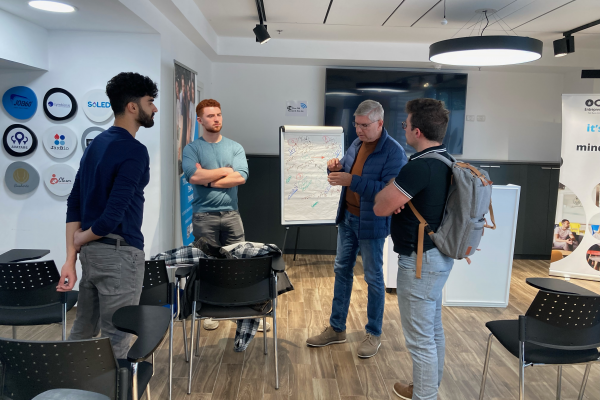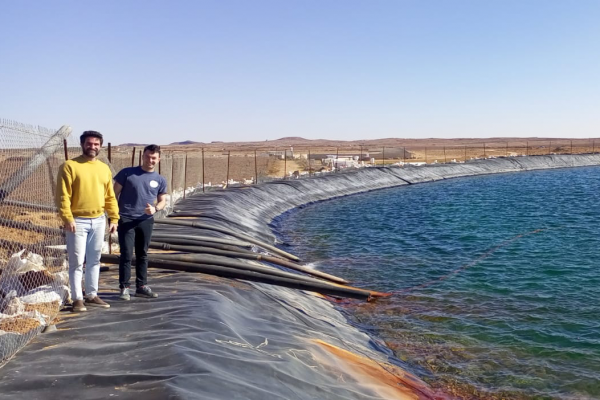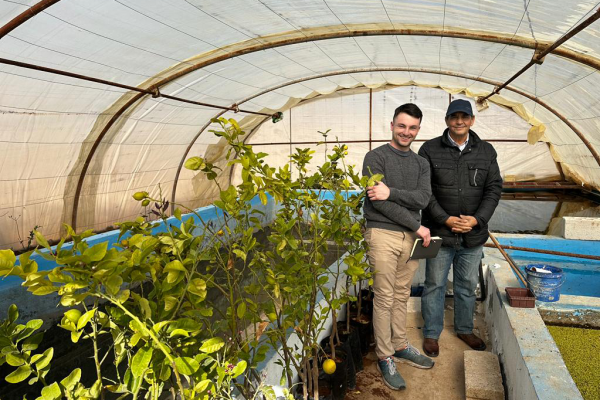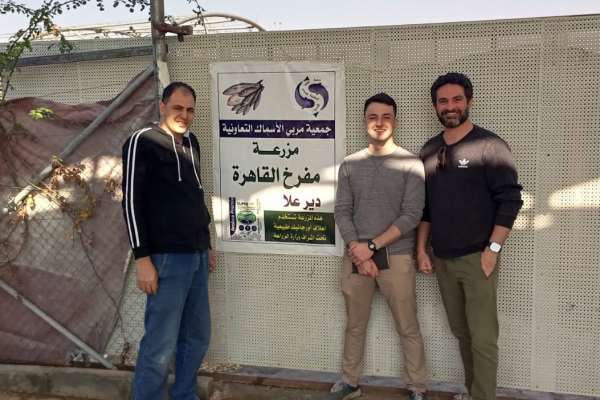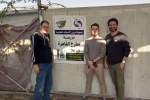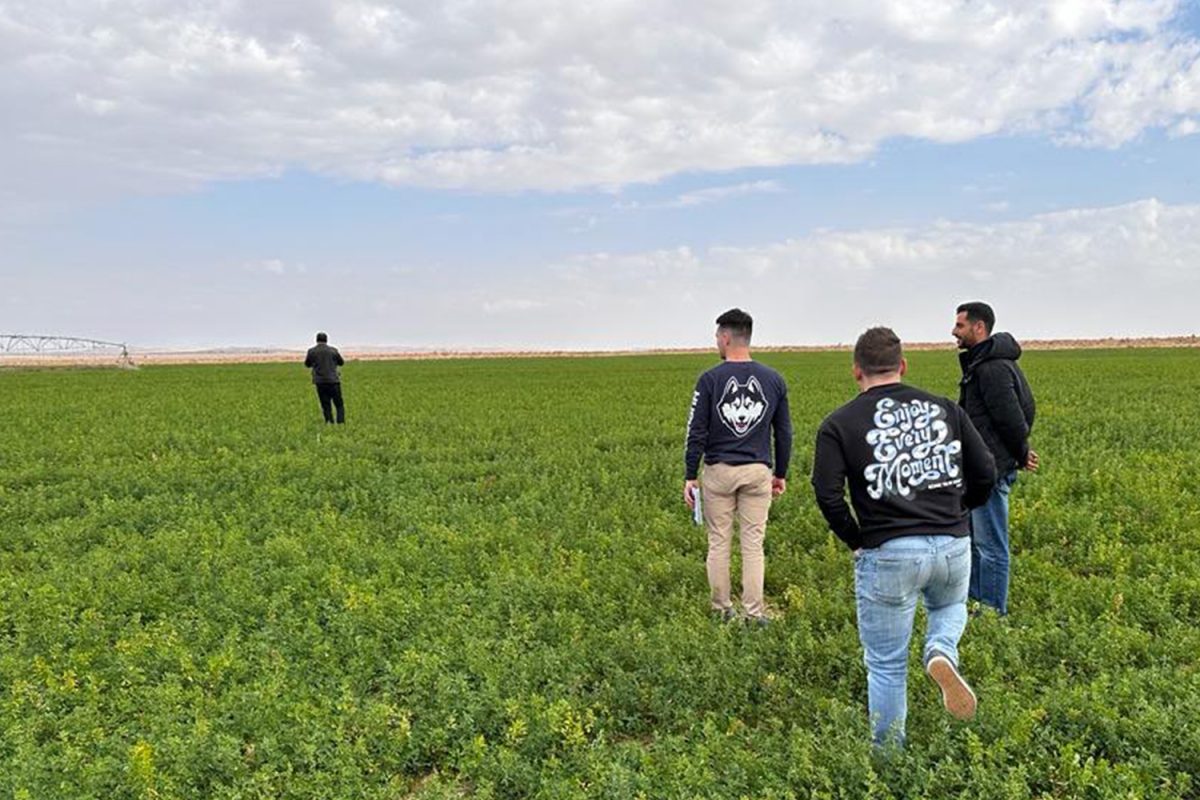
Sustainable SME Initiative
The Lieberman Sustainable SME Initiative brings together universities, their students, and faculty in an innovative approach to improve the labor and energy efficiency of small and medium sized enterprises (SMEs). 630 million new jobs need to be created globally by 2030 in order to accommodate youth graduating college and entering the workforce, a top-of-mind challenge for higher education who want to see their students moving into fulfilling jobs post-graduation. At the same time, businesses need to dramatically reduce their carbon footprints in order to maintain a healthy planet. SMEs are central to meeting this dual challenge.
SMEs, businesses employing between 5 and 500 people, represent 99% of business across the MENA region and they are responsible for 90% of job growth. In addition, SMEs are responsible for 43% of CO2 emissions, and given that 90% of a large corporation's CO2 emissions are embedded in their supply chain, SMEs are at the heart of reducing scope 3 emissions of the world's largest companies.
Universities must connect with the SMEs in their community and nation to address the challenge of environmentally sustainable job growth. Research shows that SMEs are more productive and effective when they engage with Universities in their community. In line with the Lieberman Program's mission of empowering MENA Universities as actors in their national entrepreneurship ecosystems, the Lieberman Program's SME Initiative works with universities and NGOs across the Middle East and North Africa to provide research-backed management coaching and business tools that have been proven to increase revenue by 21%, reduce carbon footprint by 18%, increase SME employment by 20%, and increase odds of financing for female-led businesses.
One Initiative, Five ESG Goals: Decent Work & Economic Growth, Responsible Consumption & Production, Climate Action, No Poverty, and Gender Equality.
Proven Impact
This initiative has demonstrated impressive results already. The team has conducted the largest randomized control trials (RCTs) in the history of organization science, and the study was awarded “best paper” by the Academy of Management. Evaluations of the program have consistently shown that LBDI’s coaching leads to a 50% reduction in loan delinquency rates and an 18% reduction in CO2 emissions. Many SMEs engaged in our program also experience sustainable growth, with a 14% increase in revenue, a 44% increase in profitability, 20% employee growth, and a 22% increase in SME owner income.
In 2023, we partnered with EcoPeace Middle East to pilot a program in Jordan and the Palestinian Territories. Both pilots were very successful, with 210 businesses participating. SME operators in Gaza and the West Bank consistently commented that they were able to find new avenues to grow their businesses because of our coaching. We will expand the program in 2024 to include SMEs in Israel; this work will be in partnership with Prof. Ezri Tarazi at the Technion in Haifa.
Gallery
Recent News
Fish Food and the Foundry: How One UConn Startup Went Global and Others Can, Too
UConn Today March 22, 2023 | Jaclyn Severance
![IMG_3787[41]](https://abrahamicprograms.media.uconn.edu/wp-content/uploads/sites/1468/2023/07/IMG_378741-600x400.png)

